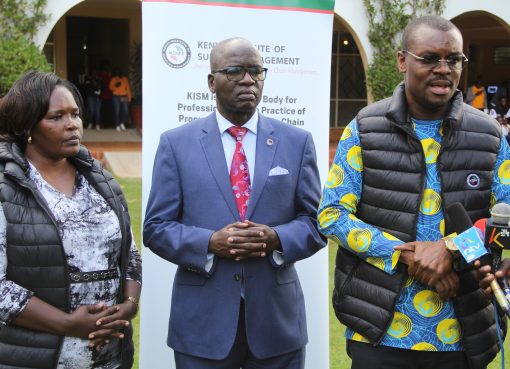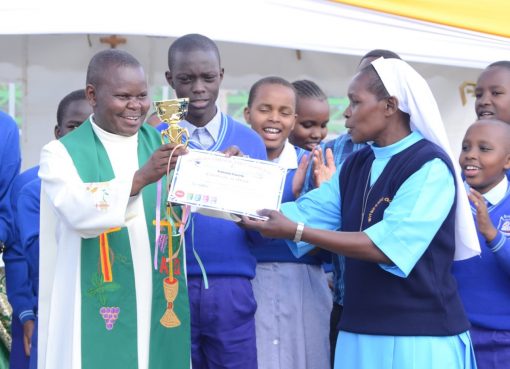Kiambu County government is planning the implementation of the County Integrated Development Plan (CIDP) for the period 2023-2027.
The 1st Generation CIDPs were implemented in the period 2013 – 2017, while the current 2nd Generation CIDPs cover the period 2018 – 2022.
The CIDP presents programmes and projects that are key development priorities for the county and takes into account the national development agenda as well as regional and international development plans such as Vision 2030 and the Sustainable Development Goals (SDG’s).
Speaking during Kiambu County service delivery committee meeting, the Director of Planning in the Kiambu National Planning Office Tabitha Wanjiru said the State department of Planning has spearheaded production of the guidelines for the preparation of the 3rd generation planning, which will guide the CIDPS for the next five years.
The Guidelines will provide a framework, provide norms and standards as well as strengthen the mechanisms for linking County policy, planning and budgeting processes.
The CIDP plan, she added, should be geared towards having a holistic approach of ensuring development in the county according to the legal and policy frameworks for County Development planning.
“The plan must aim to coordinate the efforts of government in the right way, there should be clear links between the CIDP and the other plans and frameworks to allow for the collective improvement of the quality of life for the people,” she said.
The plan should also adopt a people-centered approach in the spirit of leaving no one behind and needs to be able to identify the eligible population, specify their needs and set targets.
The plan is characterized by the different sectors in the County such as health services, public works, water, energy and natural resources. These sectors should consider key implementation factors such as taking into account environmental concerns in all the planned programmes, ensuring that there is participation especially from the public as well as stakeholders.
“There needs to be clear achievable goals presented through each of the programmes under the CIDP, environmentally conscious, inclusivity, achievability and taking into account previous performance of the sectors that will come up with programmes,” said Wanjiru.
Giving her presentation, the director pointed out that some of the emerging issues and challenges that have been noted in the county such as high interest rates, inadequate value addition programmes in the economic pillar, unemployment, pollution and drainage issues in the social pillar have affected the county.
“Each sector in this County is aware of the issues it is facing, for example the agricultural sector where there are animal feed issues, programmes can be developed to regulate the manufacturing of these feeds to ensure higher quality output and down the line better outcomes for farmers,” she said.
Some of the sector priorities and strategies will include increasing agricultural activities such as undertaking agricultural extension services, Provision of quality farm inputs, Pests and disease control and also expansion of irrigated agricultural land.
Another strategy will be to improve road networks namely upgrading of rural roads, rehabilitation of existing roads and opening up of new access roads.
The County Integrated Development Plan (CIDP) is a plan prepared by all counties to guide development over a five-year period. It is the core development plan that integrates the long-term spatial, sector and urban plans with inputs from the Governor’s manifesto, national government plans and programs, past county development performance and the views and expectations of other development actors and the public at large.
The CIDP sets the priorities and guides all county government spending until the next elections. Currently it is in preparation for the 3rd generation that will run beginning 2023-2027, with the first generation having been implemented in the period of 2013-2017 and the 2nd generation CIDPs covering the period of 2018-2022.
By Cedric Karungaru




